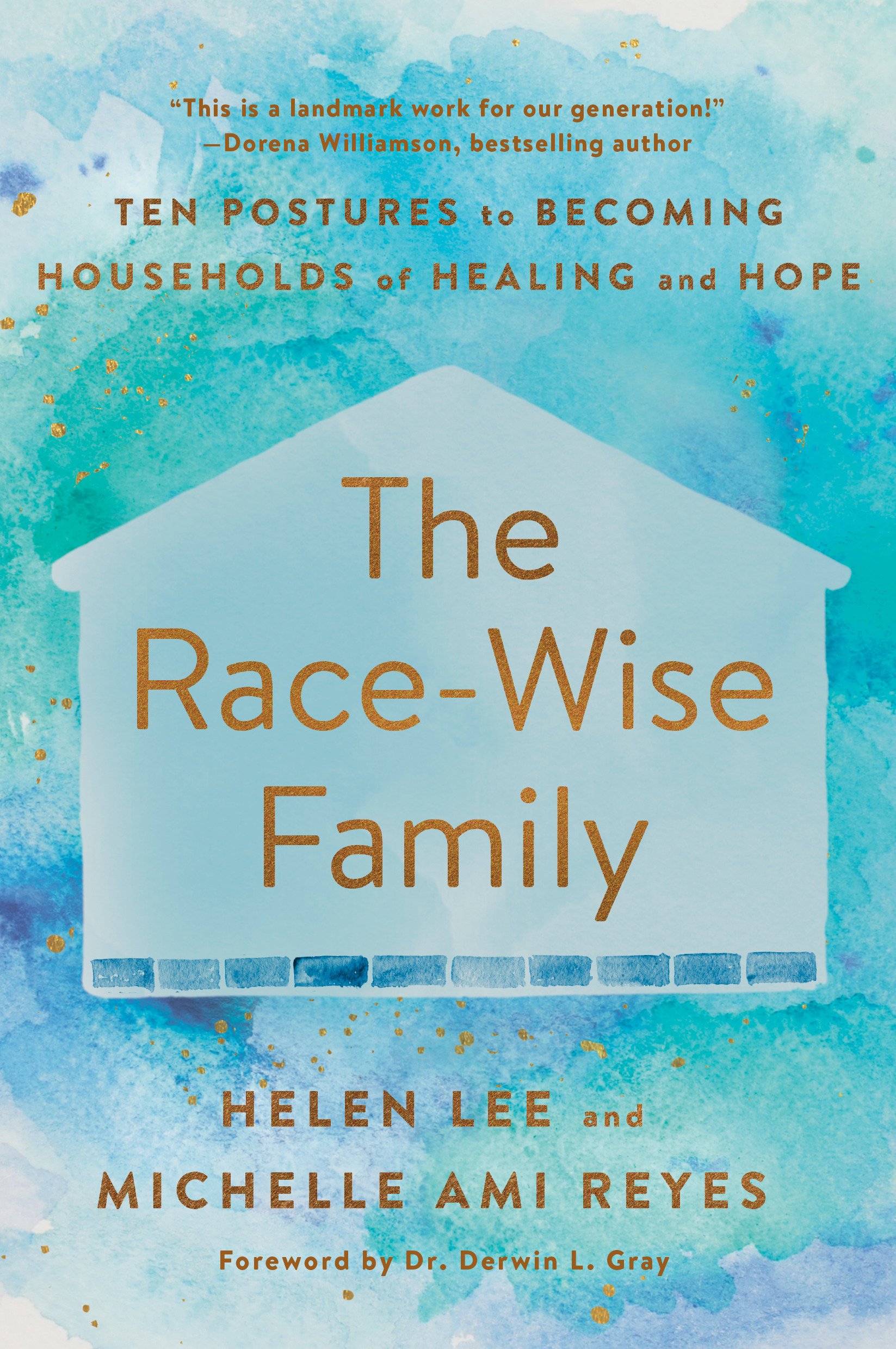Opening Our Hearts to Lament
By Helen Lee & Dr. Michelle Ami Reyes
We are proud to share an excerpt from The Race-Wise Family written by Helen Lee and AACC Vice President Dr. Michelle Reyes. While written in the aftermath of the Atlanta spa murders of 2021, their call for us to lament remains sadly relevant as we lament recent gun violence tragedies in Buffalo, Laguna Woods, and far too many local communities that may not make the national news.
By Helen Lee & Michelle Ami Reyes
It was March 16, 2021. I (Michelle) had just received a news alert on my phone about the Atlanta Massacre in which eight people were killed, six of whom were Asian women, in shootings at three spas in the Atlanta area. A young white man and self-identified Christian, Robert Aaron Long, was responsible for all three shootings. Long yelled, “I’m going to kill all the Asians!,” and before he was finally caught by the police, Long was headed to Florida perhaps to carry out additional shootings. As this information was streaming in, I immediately began to weep. I had a gut-wrenching, visceral reaction in my body and heart to that news. It was the kind of news that made my whole body sick, nauseous, and I felt like I was barely able to move.
As I sat motionless, crumpled in a chair in my living room, my young son overheard my cries and came running.
“Mama, why are you sad?” he asked.
It wasn’t an easy question to answer. How much should I share with my son? How should I speak the truth about this situation without making it too heavy for my young child to bear? How does a parent verbalize all the complexities required for such an answer? It had already been a brutal year of escalating anti-Asian racism due to the global pandemic of Covid-19. In the early months of 2020, Asians were shouted at. Then as the year progressed, and as fears of the coronavirus heightened, we were coughed on and spit on. It didn’t take long before Asians were then shoved and kicked and pushed. Then we were slashed, stabbed, and doused in acid and fire. Between 2020-2021, the Stop AAPI Hate Reporting Center catalogued over 4,000 incidents of anti-Asian racism, including a skyrocketing rate of hate crimes committed against Asian elders in February 2021. I had already found myself on my living room couch countless times, weeping over the senselessness of this evil. The Atlanta Massacre was but another tragedy in a long line of incidents of racialized crimes against the Asian American community..
I hugged my son tight and replied, “People like you and me were killed today.”
After a short pause, he replied, “What should we do?”
It was a more profound question than I had expected of my five-year-old. What should Christians do in moments like this? The sad reality is that, in the wake of racial tragedies, many Christians choose to do nothing. When asked about racial pain and injustice in our country, 28 percent of practicing Christians say “there’s nothing the Church should do.” A full third of white practicing Christians (33 percent) select this option. To make matters more complicated are the myriad of voices that tend to blame the victim for his or her own death.
However, that’s not the response that my husband and I want our children to have. Whenever a racial tragedy happens in our country or around the world for that matter, our posture of heart as a family is to first respond with lament. My family laments every time a life is lost because every person’s life has value and meaning. Every person is made by God and in God’s image, and anyone’s senseless death always breaks God’s heart. Our hearts too should feel that brokenness.
So between sniffles and more tears I paused the television and began to pray with my son, asking God to comfort the victims’ families. I prayed for God to bring justice and healing to the Asian American community, and I finished by asking God to effectively deal with the evils of this world and that his hand of comfort and protection would rest on those affected by this tragedy.
That moment together catalyzed something in my son. The next time our family witnessed a racial tragedy on the news, it was my son who first spoke up to say, “We need to pray.” Now it’s become a rhythmic part of our family. The sad reality is that racial tragedies will continue occurring in our country. My children know that, but even more importantly they know that their first response as followers of Jesus is to lament, to mourn with those who mourn, and to cry out together to God.
Integral to being a race-wise family is the choice to lovingly respond with open hearts to the anger and pain in our country and that communities of color in particular feel deeply. The practice of lament must be a core element of our Christian witness, and we can pass on to our children this value as we intentionally practice a posture of lament in our daily lives.
Excerpted from The Race-Wise Family. Copyright © 2022 by Helen Lee & Michelle Ami Reyes. Published by WaterBrook, an imprint of Penguin Random House LLC.
Photo courtesy WaterBrook & Multnomah.
Helen Lee is the director of product innovation at InterVarsity Press. An award-winning writer, she has frequently covered issues of race, ethnicity, and identity in her articles and books which include The Missional Mom and Growing Healthy Asian American Churches. Helen is a frequent conference speaker, the co-founder of Ink Creative Collective and Best Christian Workplaces Institute, and the producer of several podcasts including Get in The Word with Truth’s Table.
Michelle Ami Reyes is the vice president of Asian American Christian Collaborative and scholar in residence at Hope Community Church in Austin, Texas. She is the author of Becoming All Things: How Small Changes Lead to Lasting Connections Across Cultures, and her writings on faith and culture have appeared in Christianity Today, Missio Alliance, and Patheos, among other publications.
Help us continue the work of empowering voices. Give today.



